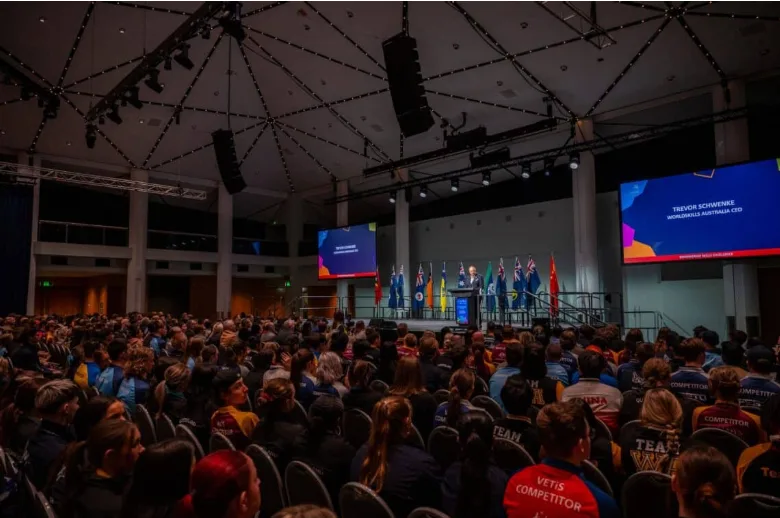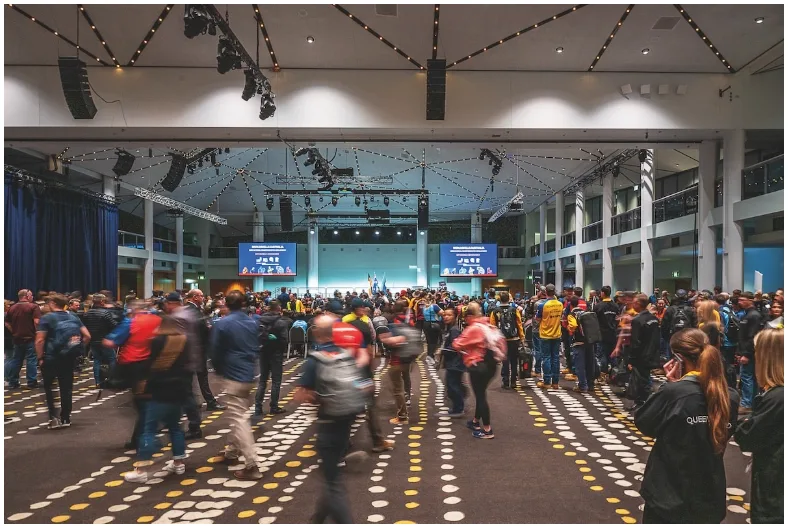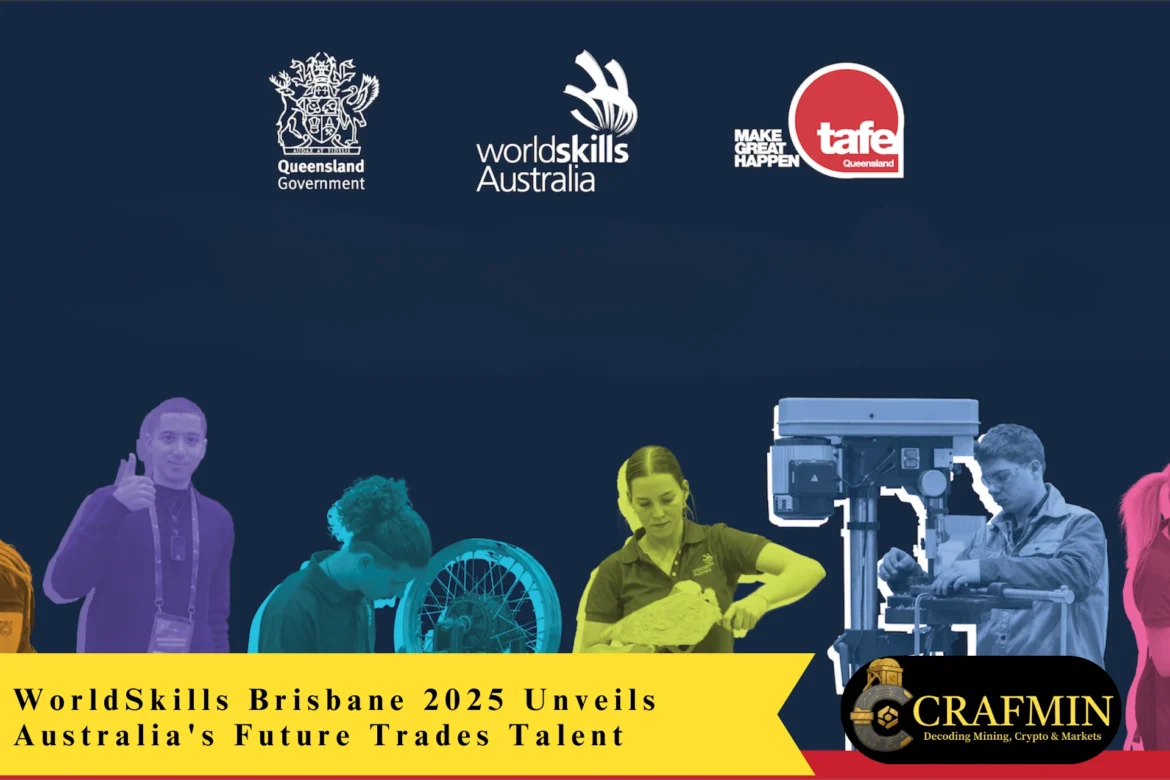 Image: WorldSkills Australia
Image: WorldSkills Australia
Brisbane has been transformed into a vibrant hub of talent, skills, and drive as the 2025 WorldSkills Australia National Championships & Skills Show lights up the convention centre. Young people from across the nation are showcasing their trade expertise for the largest vocational event the country has ever seen.
From National Challenge to Skills Celebration
Across three pressure-cooker days of competition, more than 600 young trainees, apprentices, and young professionals have faced off — from mechatronics and mining trades to cabinetry and auto electrical. These are not competitions; they are a testament to determination, hard work, and actual career decisions. The last medal ceremony on June 15 honored the success of Australia’s most capable young minds.
Brisbane Booms as a Skills Spotlight
The event is also more expensive than the competition venues. Brisbane benefits from the influx of around a $14.7 million economic boost with competitors and visitors flooding into the city’s booming hospitality and tourism industries. Over half of the 118 Queensland competitors come from regional towns—a good indication talent is beyond the metropolitan areas.
Mining Skills Given Room to Shine
View this post on Instagram
What often fails to be recognized in the headlines is the ubiquitous hegemony of mining trades. Heavy vehicle mechanics right across to electrical installation, the mining industry is making its presence felt unproven in booths and competitions down the show floor. New miners and technicians are gaining on-the-job experience in a field where Australia leads the world.
Bringing Skills to Life, Hands-On
Guests aren’t spectators—guests are get-your-hands-in. The “Try’aSkill” space invites students and curious career seekers to give a try at trades that may not even be on their radar—like wiring lightbulbs in a VR-driven electrical demonstration, trying out augmented welding simulators, or getting busy with mechatronics. Simulation, hands-on, provides a glimpse of what it’s like to work on a trade—no pressure, no danger, no obligation.
A Human Story, Not a Competition
It is at the core of WorldSkills that there are actual people pursuing actual dreams. For many of these competitors, competing is not about winning medals—it is an opportunity to affirm weeks or months or even years of dedication, learn from their peers who are professionals too, and present themselves in front of industry leaders. Trainers, mentors, parents, and the community support them on the way, and thus the competition becomes a moment to bask in pride.
A National Stage with Global Opportunity

Image: WorldSkills
For Australia’s finest, success doesn’t end at the line. Competition winners in qualifying events for Australia also get the chance to compete for Australia at the 48th WorldSkills International Competition in Shanghai—where more than 60 countries come together to challenge and celebrate excellence. It’s a path from local dedication to global recognition.
Why This Matters—And What Makes It Unique
Here is one angle that few news sources explore: WorldSkills is not just about the demonstration of ability—about changing attitudes. By putting mining and trades on the same level as high-tech, design, and creative careers, the competition erases the distinction between vocational and academic education. It redirects skilled trades as state-of-the-art, technologically advanced, and empowering—a timely emphasis in reaction to national emphasis upon technology and sustainability.
What’s Next for Skills in Australia
In the years to come, the event’s impact will spread through careers and communities. The buzz of this show encourages more students to consider trades and sends a message to educators and politicians that vocational education deserves equal attention. And, Adelaide is already on board to host the next National Championships in 2027—ensuring continuity and growth of the national skills drive.
Also Read: Global Lithium and Kakarra Part B Forge Agreement on Manna Lithium Project
New Focus: Make-or-Break for Regional Futures
Consider this: for some of the Queenslanders from the regions, competing at WorldSkills isn’t headline news—it’s personal. It is the day their local TAFE, mentor, or industry sponsor takes the nation. It is also a way to transfer industry profiles to the regions’ skills centers. When one of those regional apprentices is taking that award on stage, it’s a powerful message: investment in vocational education in the regions can be paid back in national champions.
This national-local nexus, when brought to the fore, would dramatically enhance search visibility and interconnectivity among often marginalized groups in mainstream mining and skills reporting.

